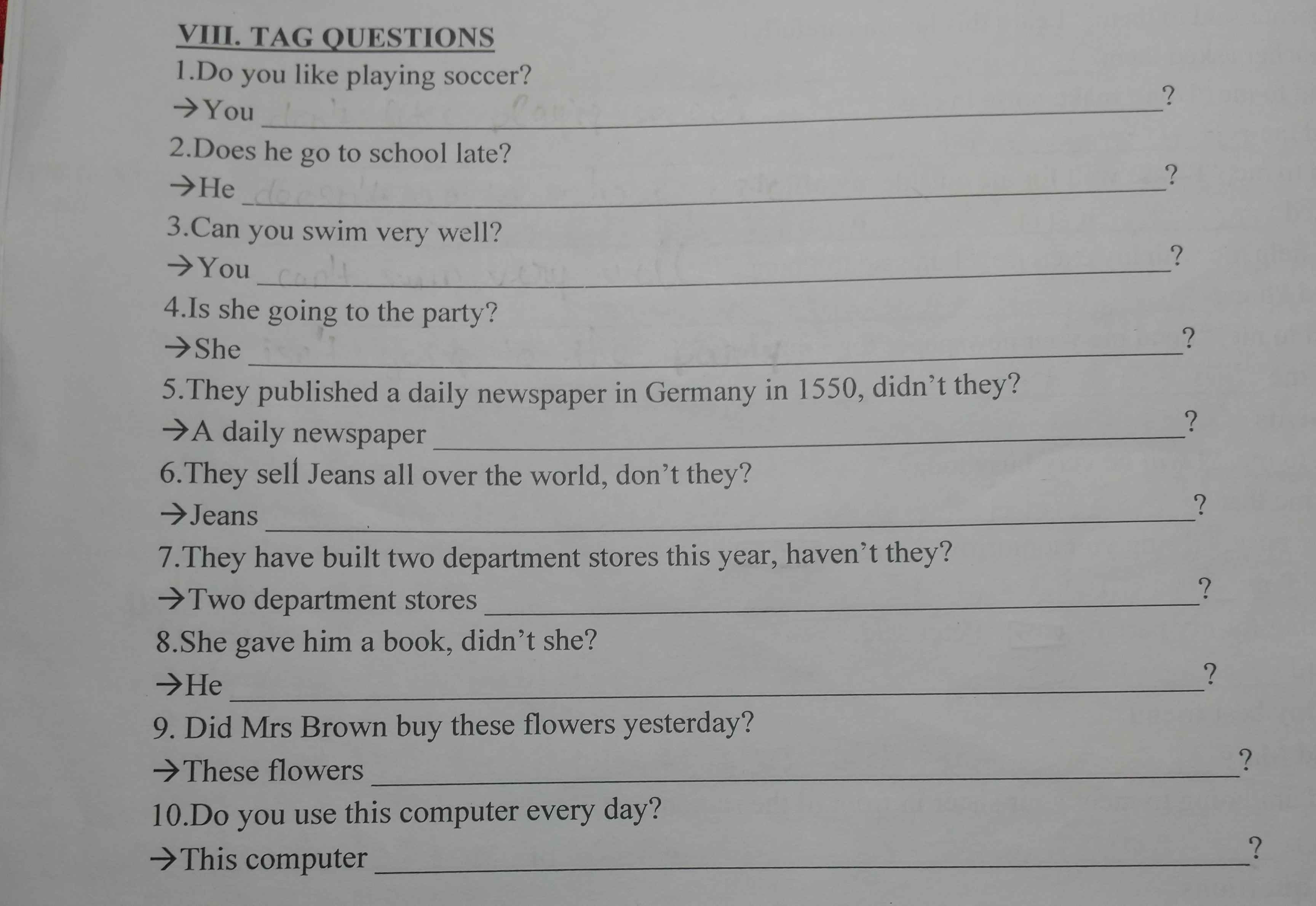Mọi người làm giúp em bài này với 
Most Americans say they know at least some of their neighbors, but only about three-in-ten say they know all or most of them. Rural residents are more likely than those in urban or suburban areas to say they know all or most of their neighbors, but they don’t necessarily interact with their neighbors more than their counterparts in other community types.
Overall, Americans tend to be trusting of their neighbors, but this is particularly the case in suburban and rural areas. About six-in-ten in these types of community say they have a neighbor they would trust with a key to their home, compared with about half in urban areas.
The longer people have lived in their community, the more likely they are to have a neighbor they would trust with a key to their home. But even among those who report that they have lived in their community for less than one year, 34% say they would be comfortable with a neighbor having their keys. Meanwhile, 64% of those who have lived in their community for six or more years and 47% of those who have done so for one to five years say the same. Those who own their home are more likely than renters to say they would be comfortable with a neighbor having a set of keys to their home (67% vs. 45%).
When asked to describe their neighbors, people in rural areas are far more likely than those in cities and suburbs to say all or most of their neighbors share their race or ethnicity. Suburbanites are somewhat more likely than their urban and rural counterparts to say their neighbors are the same social class as they are, while relatively few across community types say all or most of their neighbors share their political views.
(Adapted from https://www.pewsocialtrends.org/)
Question 39: Which of the following could be the main topic of the passage?
A. The similarities and differences in the neighborhood in urban, suburban and rural areas
B. How urban, suburban and rural residents interact with their neighbors
C. The number of neighbors that urban, suburban and rural residents have
D. How people trust their neighbors
Question 40: According to paragraph 2, how many Americans in suburban and rural areas wouldn’t have enough belief in their neighbors to have a key to their home?
A. about 60% B. about 50% C. about 40% D. about 30%
Question 41: The phrase “the same” in paragraph 3 refers to __________.
A. they would be comfortable with a neighbor having their keys
B. they have lived in their community for six or more years
C. they have done so for one to five years D. they have lived in their community for less than one year
Question 42: The word “share” in paragraph 4 most probably means _____________. A. experience their race or ethnicity at the same time
A. experience their race or ethnicity at the same time B. give other people something you have
C. have the same race or ethnicity D. tell people about your race or ethnicity
Question 43: According to the passage, the following are true, EXCEPT __________.
A. More rural inhabitants know all or most of their neighbors than their urban and suburban
B. People trust their neighbors more if they live in the same community for a longer time.
C. More than half of people renting a room wouldn’t like to give their neighbors their home key.
D. People living in rural areas are often in the same social class as their neighbors.


